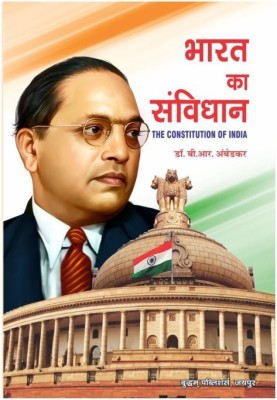
Representation through Taxation (English, Paperback, Gehlbach Scott)
Share
Representation through Taxation (English, Paperback, Gehlbach Scott)
Be the first to Review this product
₹1,799
₹3,800
52% off
Coupons for you
T&C
Available offers
T&C
T&C
T&C
Delivery
Check
Enter pincode
Delivery by24 Jul, Thursday
?
View Details
Highlights
- Language: English
- Binding: Paperback
- Publisher: Cambridge University Press
- Genre: Political Science
- ISBN: 9780521168809, 9780521168809
- Pages: 216
Services
- Cash on Delivery available?
Seller
Description
Social scientists teach that politicians favor groups that are organized over those that are not. Representation through Taxation challenges this conventional wisdom. Emphasizing that there are limits to what organized interests can credibly promise in return for favorable treatment, Gehlbach shows that politicians may instead give preference to groups - organized or not. Gehlbach develops this argument in the context of the postcommunist experience, focusing on the incentive of politicians to promote sectors that are naturally more tax compliant, regardless of their organization. In the former Soviet Union, tax systems were structured around familiar revenue sources, magnifying this incentive and helping to prejudice policy against new private enterprise. In Eastern Europe, in contrast, tax systems were created to cast the revenue net more widely, encouraging politicians to provide the collective goods necessary for new firms to flourish.
Read More
Specifications
Book Details
| Imprint |
|
Series & Set Details
| Series Name |
|
Dimensions
| Width |
|
| Height |
|
| Length |
|
| Weight |
|
Be the first to ask about this product
Safe and Secure Payments.Easy returns.100% Authentic products.
Back to top







